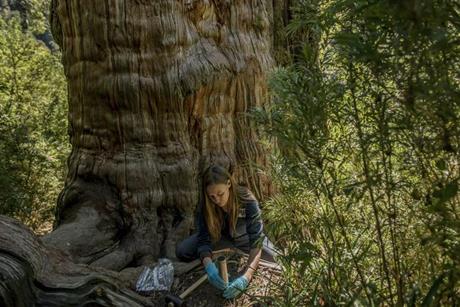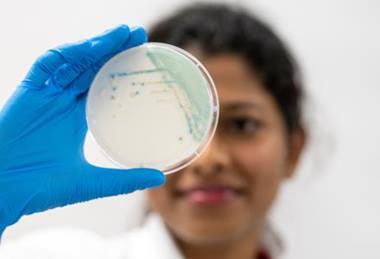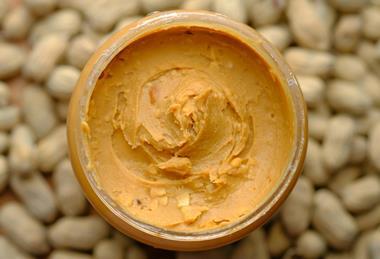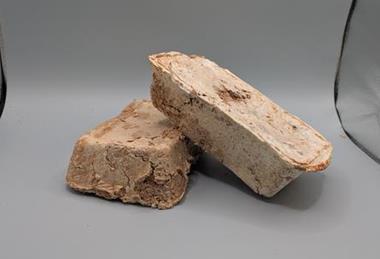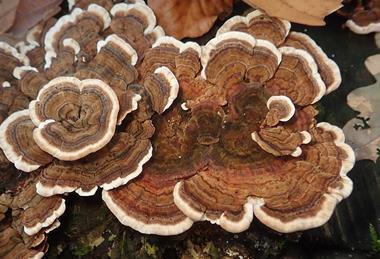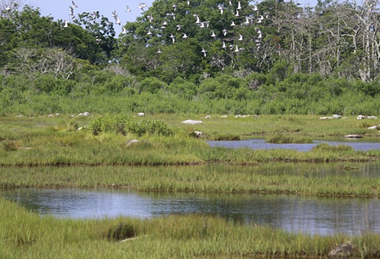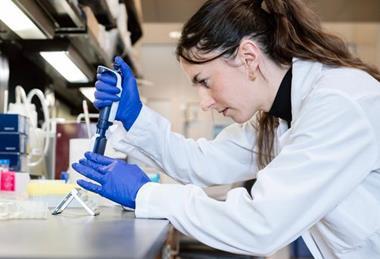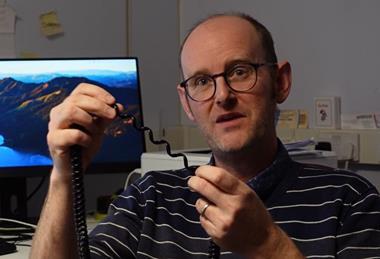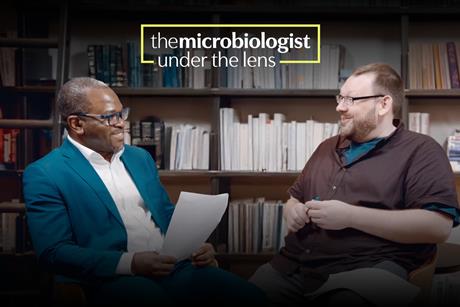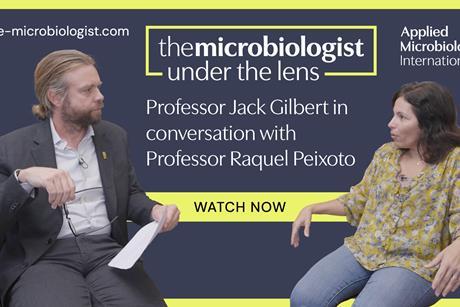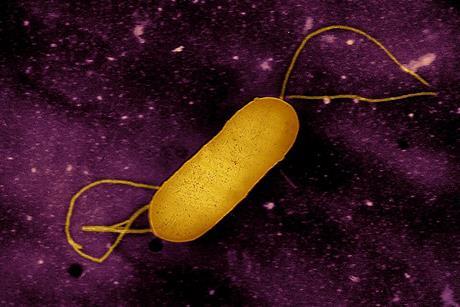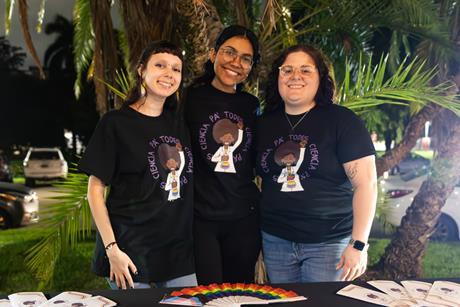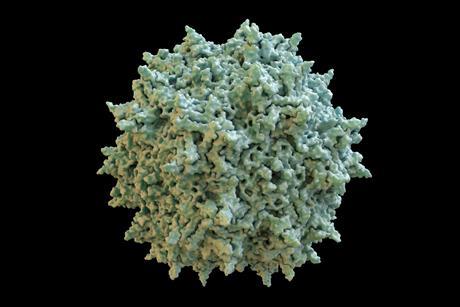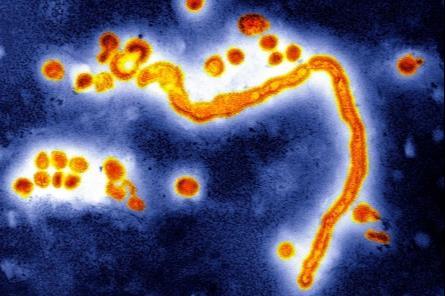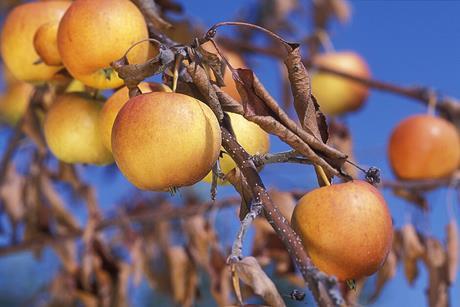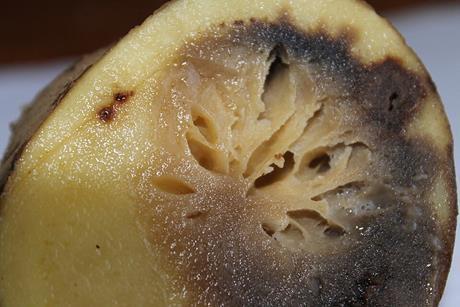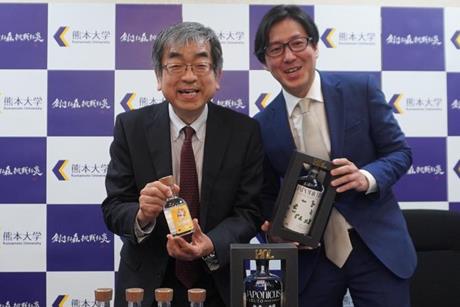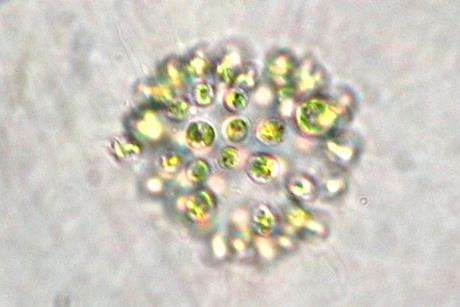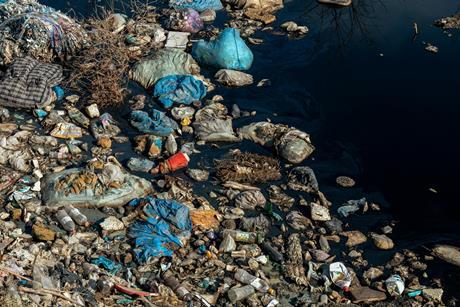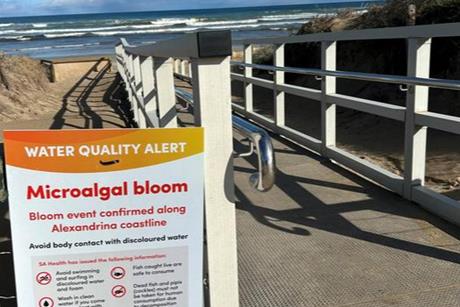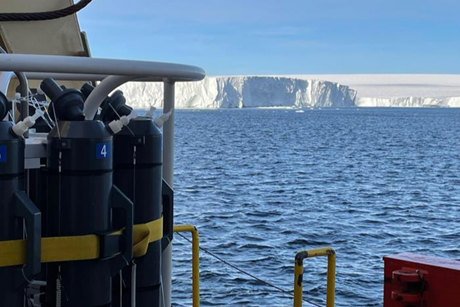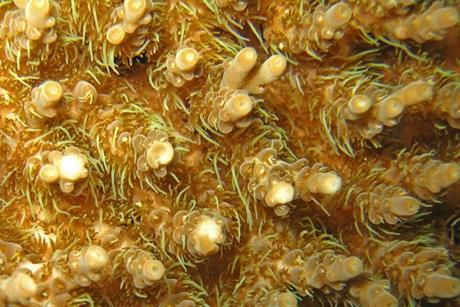Underground fungal map of the world’s oldest, slowest-growing rainforest trees can boost the resilience of Earth’s long-term carbon sinks
Protecting and conserving old trees will protect hundreds, if not thousands, of mycorrhizal and other fungal species that inhabit soils around these giants, each of which play a role we might not fully understand in keeping these forests healthy and resilient.
- Previous
- Next
Rethinking Blastocystis: a One Health perspective on a common and controversial gut protist worth our attention
Here’s the reality: a stool report that reads “Blastocystis detected” still provokes strong reactions. Some clinicians worry and reach for antibiotics. Some laboratories add a note about “uncertain significance.” Patients search online and find polarised claims ranging from harmless commensal to stealth pathogen. The truth is more nuanced and more ...
Read storyThe world’s fermented foods in health and history
The use of microbes in food fermentation dates back thousands of years; archaeological evidence suggests that fermented beverages such as rice wine were produced in China as early as 7000 BC, while bread and beer were staples in ancient Egypt.
Yeast-plant interactions: nature’s silent partnership for ecosystems and agriculture
Plant–microbe interaction studies have increased greatly in recent years. This sharp increase in studies is attributed to the need to better understand these interactions, which in turn can be used to enhance crop productivity and stress tolerance, reduce fertilizer inputs, and improve plant health. This is vital to meet the ...
From roots to riches: mycorrhizal fungi and the future of farming
Feeding a growing population while rebuilding depleted soils is one of agriculture’s biggest challenges. When fungal networks are thriving, they can improve nutrient uptake, support stronger root systems, and reduce the need for fuels to stretch as far, with their input. It’s a small-scale partnership with big implications for the future of farming…
Under the Lens video series
The Microbiologist: Under the Lens | Episode 2
The Microbiologist: Under the Lens | Episode 1
Get unlimited access to The Microbiologist
The Microbiologist provides detailed information on the latest research, topics, reviews, events and news on a wide variety of microbiological topics.
Members of Applied Microbiology International get unlimited access as a benefit. Find out more about AMI Membership
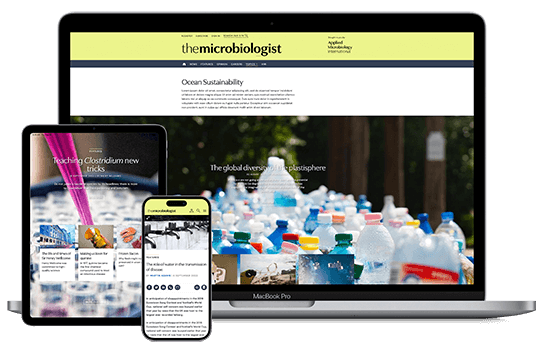
Listeria: the inconvenient truth that shaped our industry
Director General of the Chilled Food Association, Karin Goodburn MBE, who sits on AMI’s Food Security Advisory Group, reveals why the publication of new Listeria guidance for the UK food industry is regarded as a landmark moment.
We couldn’t get people interested in science - until we started speaking their language
In 2020, Puerto Rico faced a misinformation crisis. Melanie Ortiz Alvarez De La Campa reveals how five STEM undergraduates created a sci-comm organization that helped pass legislation, educated thousands, and created an inclusive database of Caribbean scientists.
The politics behind the global divide in bacteriophage therapy
The therapeutic potential of bacteriophages (or ‘phages’) has been widely dismissed for decades in the West, despite being regularly used to treat patients worldwide in the early and mid-20th century. In an age rife with disinformation, can the true potential of clinical phage technology be communicated to a public already uneasy about scientific intervention?
Summer Studentship: novel antivirals and host-virus interactions
Jessica Harris reports back on her Summer Studentship at De Montfort University, and her research into how plant-derived compounds affect viruses, and whether combining these antivirals might increase viral inhibition.
The National Collection of Pathogenic Viruses (NCPV): a critical resource for virology and public health
It’s now 25 years since the National Collection of Pathogenic Viruses (NCPV) was founded as a dedicated, secure, and relevant national virus repository for the UK. Jane Burton, Teresa Ramalho and Tilly Maybery explore how the collection has evolved - and is tackling future global health concerns.
A day in the life of a soil microbial ecologist
Dr. Taniya RoyChowdhury, a soil microbial ecologist and biogeochemist at the Woodwell Climate Research Center, describes a typical day.
Thermo Fisher Scientific launches new color-based culture media to help detect Candida infections faster
Thermo Fisher Scientific today announced the launch of Thermo Scientific™ Brilliance™ Candida 2 Agar and Spectra™ Candida Agar, new color-based (chromogenic) culture media to help laboratories quickly detect and differentiate clinically important Candida species.
Bacteria found in mouth and gut may help protect against severe peanut allergic reactions
One of the big mysteries in food allergy is why two people with similar levels of peanut specific antibodies can react so differently. A new study shows for the first time how gut bacteria break down parts of an allergenic food and influence how a person reacts to peanuts.
Study finds natural fungal supplement improves COVID-19 vaccine response
Researchers have found that a natural fungal supplement taken at the time of COVID-19 vaccination reduced short-term vaccine side effects and helped antibodies last longer in people who had not previously been exposed to the virus.
Food security
Editing for timing, not overdrive: A new genetic route to fire blight resistance in apple
Fire blight remains one of the most destructive bacterial diseases threatening global apple production. A new study identifies a family of inducible lectin genes, MdAGGs, as critical components of apple immune defense and demonstrates that their precise activation timing is key to effective resistance.
Clean Water
Tiny plastics, green solutions: How algae could help clean polluted waters
A new review examines how algae interact with microplastics in aquatic systems. Importantly, it highlights how their biological interactions could be harnessed to mitigate microplastic pollution, offering new perspectives for sustainable aquatic environmental management.
Toxic algal bloom takes heavy toll on mental health
The year-long algal bloom along the South Australian coastline has not only devastated marine life and triggered health risks for humans and pets: it has also had a significant psychological impact on local residents, according to new research.

